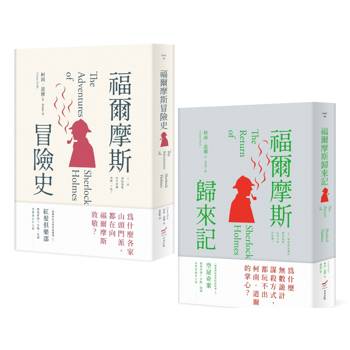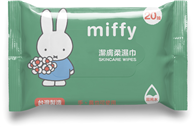Chã da Pia (Areia/PB) is a community located in the north-east of Brazil, in the state of Paraíba, and stands out for its ceramics production. The research was carried out during a period of prolonged drought. The aim was to study the origin and management of the multiple waters destined for multiple uses in this community, to analyse the users’ perception of the quality of these waters and their association with health risks and the impacts of the exploitative uses of water, soil and vegetation in the collection of materials for the manufacture of clay pieces. The water present in the community is distributed by water tankers, which have different origins and qualities (drinking water from the water tanker operation; treated water or water from reservoirs supplied by town halls and water of unknown origin distributed by private ’pipeiros’). The extraction of clay ’the clay of crockery’ and the cutting down of plants to produce firewood to burn the clay pieces have a strong environmental impact (soil and vegetation). The multiple waters can be sourced from even more diverse sources and better utilised with alternative technologies that do not exist in this community, such as cisterns and underground dams, facilitating multiple uses during droughts.
| FindBook |
有 1 項符合
Water, Health and Environmental Sustainability in the Brazilian Semi-arid Region的圖書 |
 |
Water, Health and Environmental Sustainability in the Brazilian Semi-arid Region 作者:Fernandes 出版社:Our Knowledge Publishing 出版日期:2024-12-27 語言:英文 規格:平裝 / 88頁 / 22.86 x 15.24 x 0.53 cm / 普通級/ 初版 |
| 圖書館借閱 |
| 國家圖書館 | 全國圖書書目資訊網 | 國立公共資訊圖書館 | 電子書服務平台 | MetaCat 跨館整合查詢 |
| 臺北市立圖書館 | 新北市立圖書館 | 基隆市公共圖書館 | 桃園市立圖書館 | 新竹縣公共圖書館 |
| 苗栗縣立圖書館 | 臺中市立圖書館 | 彰化縣公共圖書館 | 南投縣文化局 | 雲林縣公共圖書館 |
| 嘉義縣圖書館 | 臺南市立圖書館 | 高雄市立圖書館 | 屏東縣公共圖書館 | 宜蘭縣公共圖書館 |
| 花蓮縣文化局 | 臺東縣文化處 |
|
|
圖書介紹 - 資料來源:博客來 評分:
圖書名稱:Water, Health and Environmental Sustainability in the Brazilian Semi-arid Region
|











